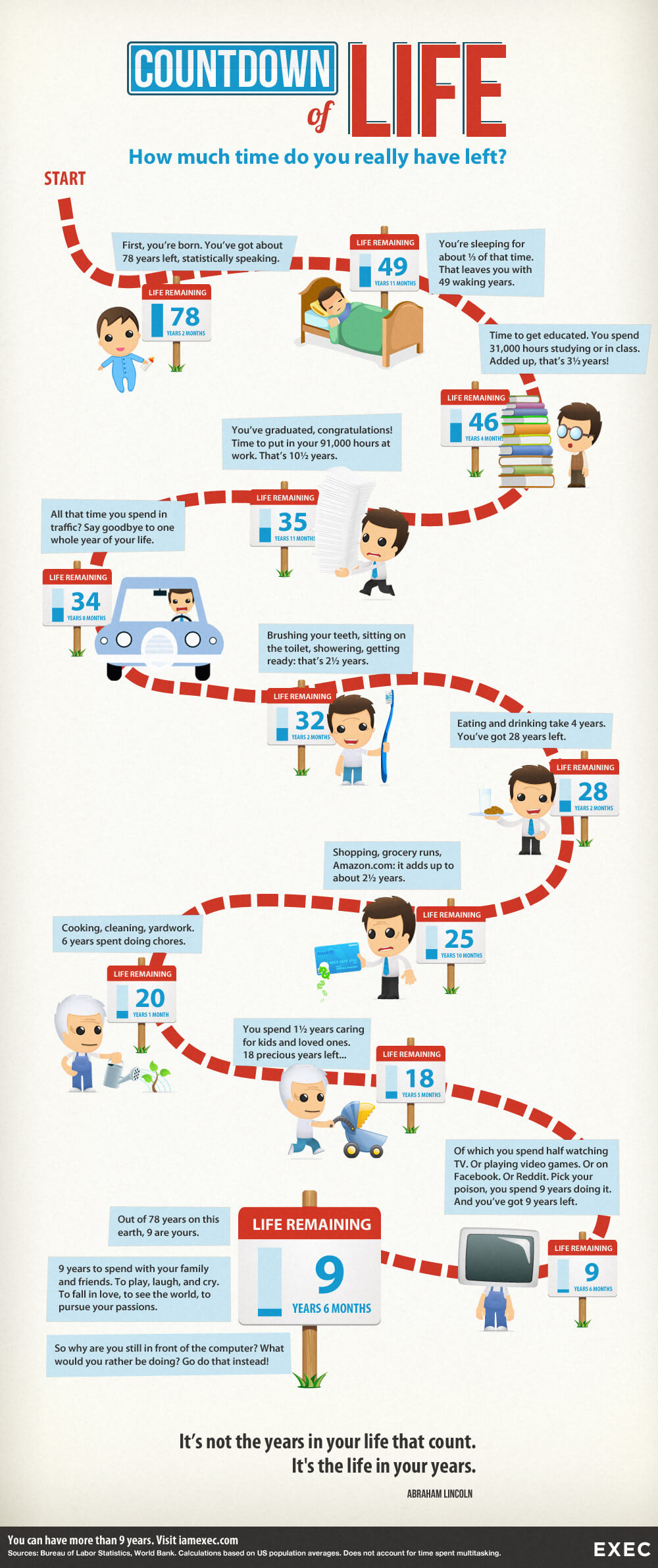No one likes to think about their mortality, yet it is inevitable. End-of-life care can be complex for those facing this reality, but it doesn’t have to be something that employees must face alone. Businesses can show their compassion and create a more positive workplace environment by supporting employees dealing with end-of-life care needs.
If your business has employees who need end-of-life care, including those with terminal illnesses and chronic health conditions, or caring for someone with end-of-life care needs, there are a few steps you can take to support them. Here are just a few ideas:
Offer Flexible Scheduling Options
End-of-life care often requires frequent trips to the doctor or hospital and can involve long-term or intermittent absences from work. Thus, one way to help employees during this challenging time is to provide work scheduling options, like flextime, part-time hours, and compressed work weeks. This gives employees enough time to attend to their personal needs while fulfilling their job responsibilities.
ADVERTISEMENT
Provide Paid Time Off (PTO)
Offering paid time off for employees who need to take time away from work due to end-of-life care needs is often an essential and appreciated gesture of support. After all, a person’s end-of-life care needs can be unpredictable, making it difficult to plan. PTO ensures that employees can care for their medical needs without fear jeopardizing their jobs.
Facilitate Remote Work Opportunities
For some, end-of-life care needs may make it difficult or impossible to come into the office daily. To accommodate employees in these situations, consider providing remote work opportunities or other alternative arrangements in which they can do their job responsibilities from home or other off-site locations. That way, they can stay connected to the workplace and maintain their duties without being physically in the office.
Assist with insurance coverage and other medical expenses.
The cost of end-of-life care is often unpredictable, and the financial burden of medical expenses can be a significant source of stress for those dealing with end-of-life care needs. By providing insurance coverage, financial aid, or other medical costs, your business can alleviate some of the financial burden associated with caregiving and medical expenses.
ADVERTISEMENT
Offer Employee Assistance Program (EAP) Services
An EAP is a confidential, short-term counseling and referral service many employers offer to help employees cope with personal issues that may impact their work performance.
Typically, an EAP will provide employees with access to mental health counselors, financial advisors, legal counsel, and other qualified professionals who can help them deal with end-of-life care’s emotional and logistical challenges. It also offers referrals to in-home hospice care providers who can customize care plans to meet each patient’s needs.
Set Up a Workplace Support System
Having an open and safe space where employees can talk openly about end-of-life experiences can be beneficial in many ways, including helping them cope with the guilt, fear, or sadness they may be facing. Creating a workplace support system with supportive colleagues, supervisors, and HR staff who can provide a listening ear and emotional support can make a tremendous difference to employees dealing with end-of-life care needs.
ADVERTISEMENT
Create a Bereavement Leave Policy
When an employee loses a loved one, they may need some time away from work to grieve and attend funeral arrangements. So, if your business doesn’t already have a bereavement policy, consider crafting one that provides paid leave for employees dealing with a death in the family—the last thing a grieving employee should have to worry about is their job security or finances.
Establish a Donation Program
As mentioned earlier, money can be a significant roadblock for employees’ end-of-life care, as it’s often expensive and may be beyond what an employee can afford. As such, you can help your employees by setting up a donation program that allows colleagues and customers to donate money or resources toward the end-of-life care needs of your employees. This donation drive can be done through a dedicated website, an app, or even a physical donation box in the office.
Hold a Company-wide Awareness Event
Finally, One way to show your support for employees’ end-of-life care needs is to hold a company-wide awareness event that educates and raises awareness about the importance. Your business can host an annual event on end-of-life planning topics, such as hospice care, funeral planning, estate laws, and other related issues.
Through this event, you can provide employees with the resources and information they need to make informed decisions about end-of-life care. Additionally, you can use this event for an employee recognition and appreciation program, which can also go a long way in demonstrating your compassion and gratitude for their hard work and dedication despite difficult circumstances.

Conclusion
Indeed, End-of-life care can be difficult and stressful for those dealing with it, but employers have an essential role in helping employees during this time. Keep in mind that having a supportive and compassionate workplace will not only positively affect the health and well-being of your employees but also create a more productive and harmonious work environment that will benefit your business in the long run.
Ultimately, it is only through thoughtful and considerate actions that your business can genuinely show its commitment to supporting employees’ end-of-life care needs. So, take the time to review the suggestions listed above and consider ways to assist your employees during this challenging period. Doing so will give employees a dignified and meaningful end-of-life experience and help your business create a more inclusive and understanding work culture.








